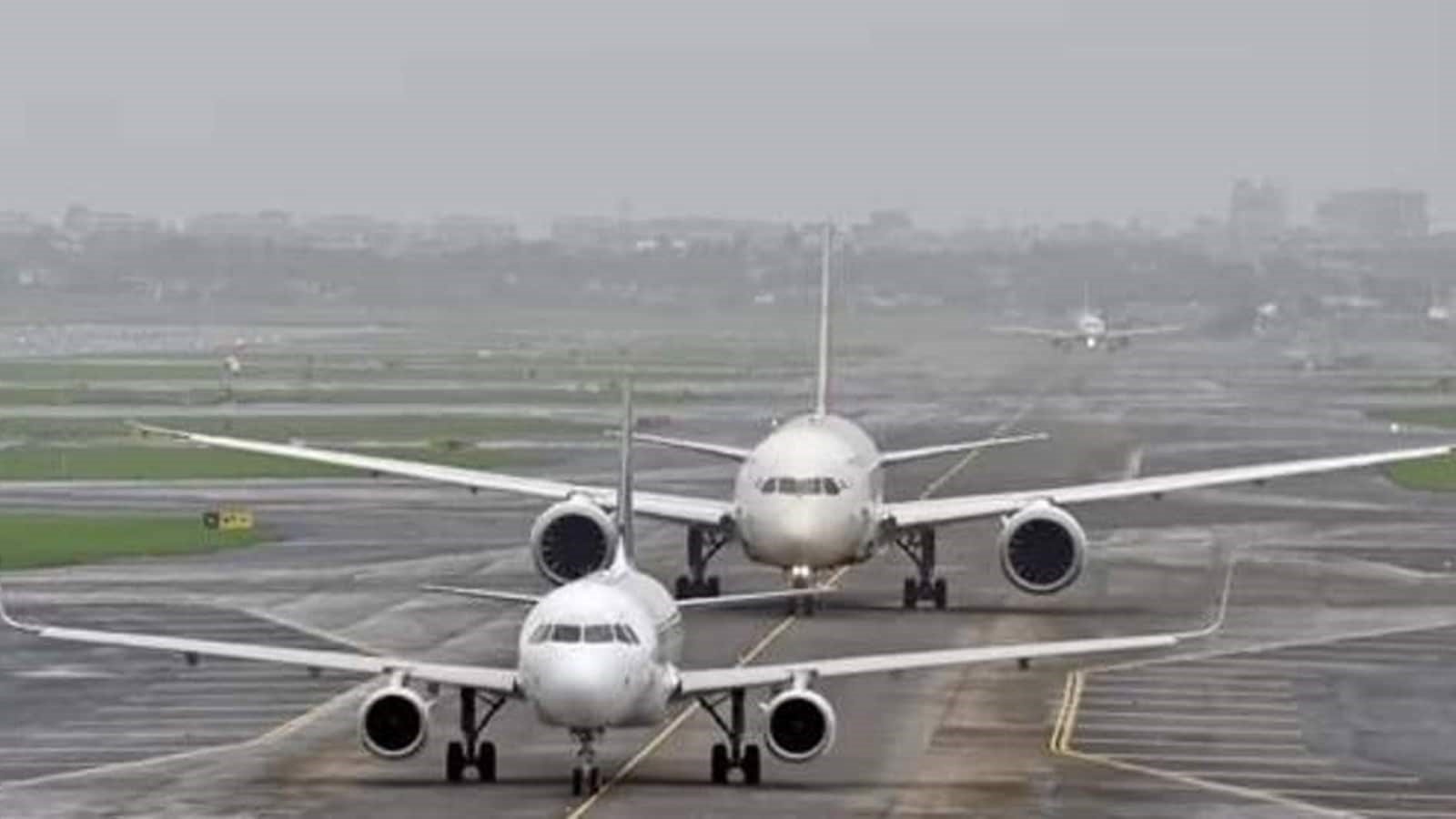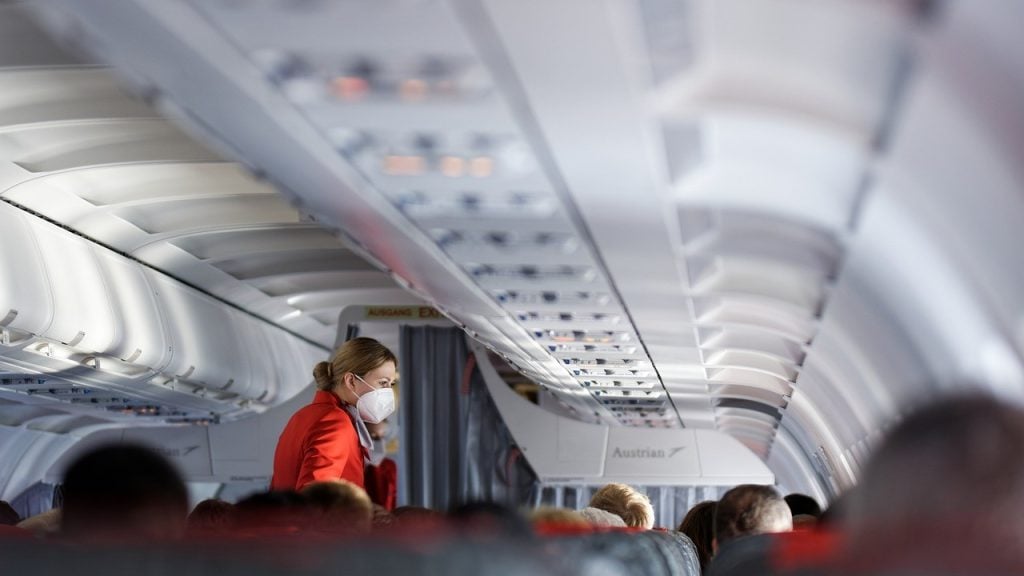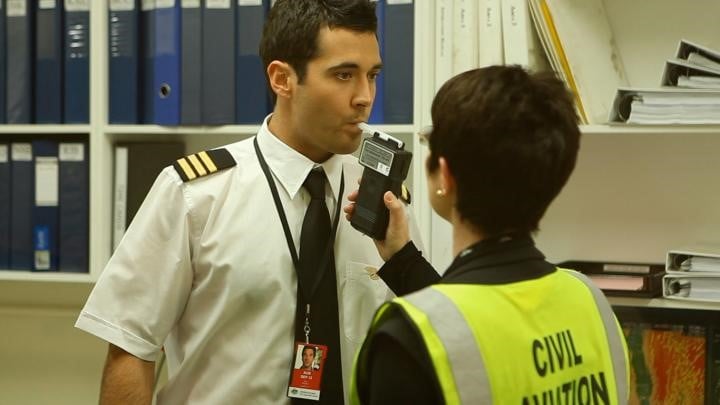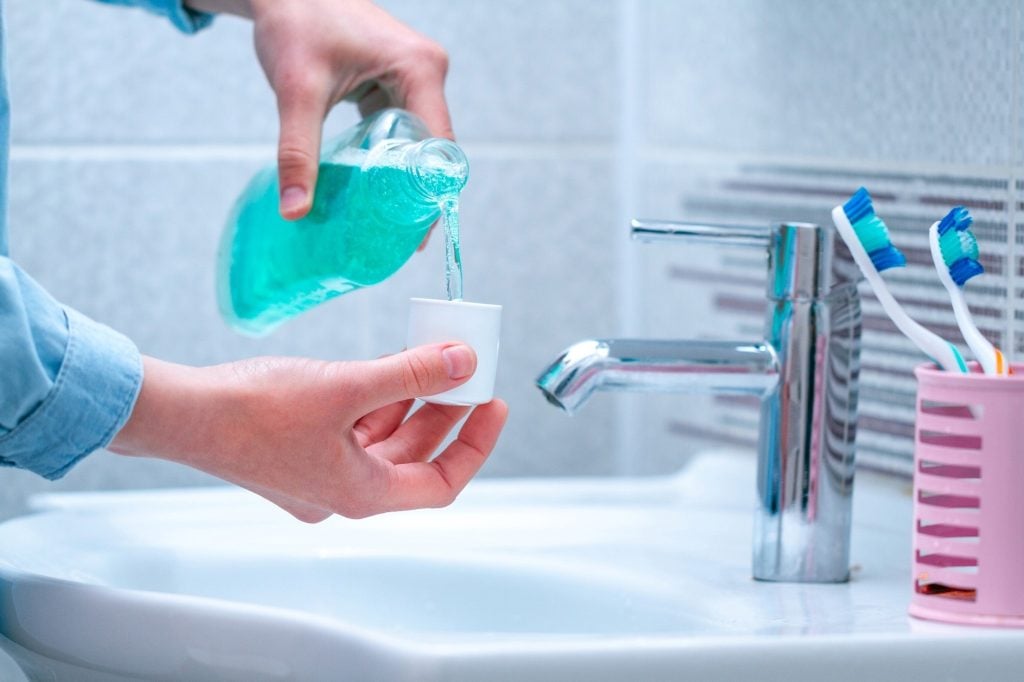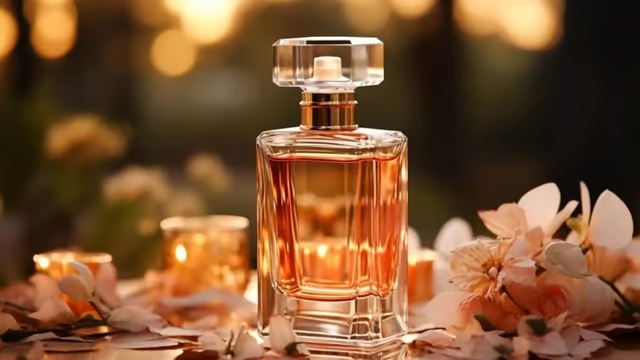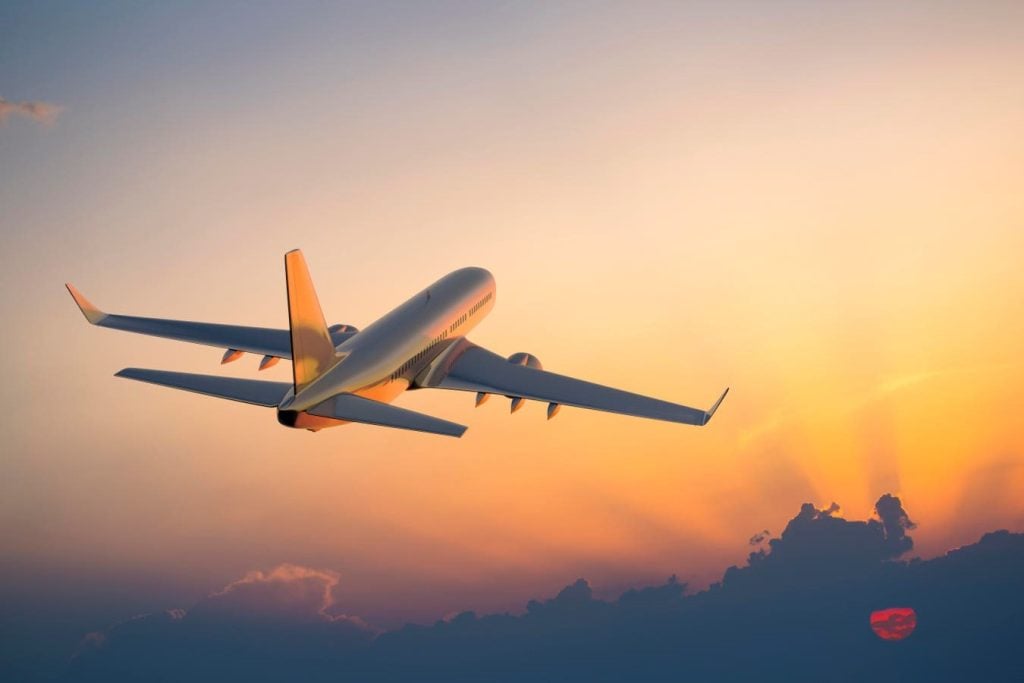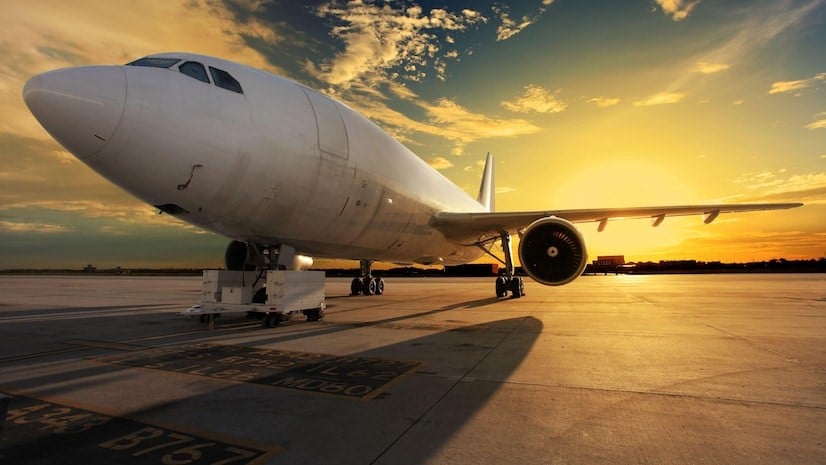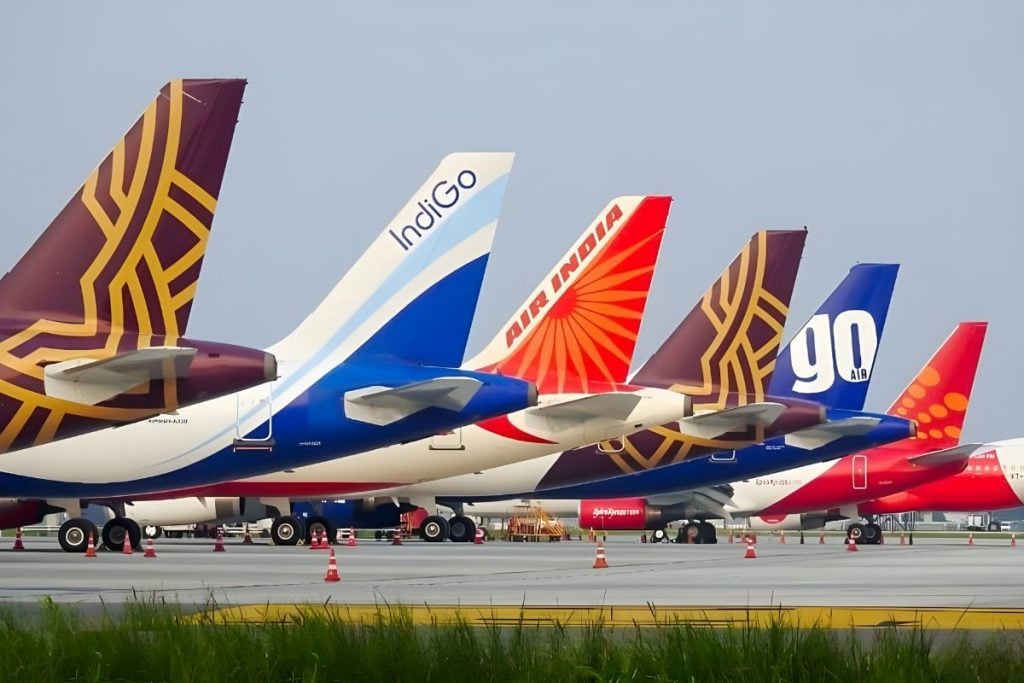The world of aviation has long been characterized by a relentless pursuit of safety and stringent regulations. In India, this commitment to air travel security has reached new heights, with the country’s aviation authorities exploring a potential ban on a seemingly innocuous item – perfume. As the Directorate General of Civil Aviation (DGCA) contemplates this move, the implications extend far beyond the fragrant realm, delving into the heart of pilot and cabin crew protocols. This article delves into The Reason Indian Airline Staff Might Ditch Perfumes.
Top 5 Airports with the Shortest Runways in India
Alcohol Concerns and Breathalyzer Tests
India’s aviation industry operates under some of the most rigorous alcohol consumption rules globally. Before each flight, both pilots and cabin crew members must undergo a breathalyzer test to ensure they are free from any traces of alcohol. Even the slightest indication of alcohol consumption can result in a three-month license suspension, underscoring the gravity of the situation.
The Proposed Perfume Ban
Amidst these strict regulations, the DGCA has put forth a draft proposal that could significantly impact the grooming habits of airline personnel. The proposed amendment to the Civil Aviation Requirements (CAR) suggests banning the use of perfumes, mouthwashes, and other products containing alcohol by flight crew members.
Alcohol Content in Fragrances
The rationale behind this proposed ban lies in the alcohol content present in many popular fragrances. Perfumes typically contain a high concentration of ethyl alcohol, often ranging from 60% to 95% of the total composition. This significant alcohol presence raises concerns that it could trigger false-positive breathalyzer results, jeopardizing the safety and compliance standards that India’s aviation industry upholds.
Addressing the Risks
The DGCA’s primary objective is to eliminate any potential loopholes or ambiguities that could compromise the stringent sobriety requirements for pilots and cabin crew. By prohibiting the use of alcohol-containing products, the aviation authority aims to ensure the highest level of safety and maintain the integrity of the breathalyzer testing process.
Strict Alcohol Regulations in India
India’s aviation industry is renowned for its unyielding stance on alcohol consumption among its personnel. The current CAR guidelines mandate a 12-hour gap between the consumption of alcohol and the operation of an aircraft. Pilots and cabin crew members who test positive for even the slightest trace of alcohol face severe consequences, including temporary license suspensions and, in some cases, permanent revocation.
Alcohol-Related Incidents
The aviation industry worldwide has grappled with incidents involving intoxicated pilots and crew members. In 2018, a Japanese Airlines pilot was sentenced to 10 months in prison after a pre-flight breathalyzer test revealed his blood alcohol level was nine times the legal limit. Similarly, in the United States, a Delta pilot was escorted off a fully boarded plane due to suspicions of being under the influence of alcohol.
India’s Strict Enforcement
India’s DGCA has taken a proactive stance in addressing this issue, with the country’s aviation authorities leading the charge in enforcing stringent alcohol regulations. In 2022 alone, 41 pilots and 116 cabin crew members in India had their licenses temporarily suspended after testing positive for alcohol consumption.
Top 7 Fighter Jets in India’s Fleet
The Proposed CAR Amendment
The draft CAR amendment proposed by the DGCA aims to close any potential loopholes that could enable crew members to circumvent the alcohol testing protocols. The new clause states, “No crew member shall consume any drug/formulation or use any substance such as mouthwash/tooth gel/perfume or any such product which has alcoholic content.”
Potential Impact on Crew Grooming
The implementation of this proposed ban would have a significant impact on the grooming and personal care routines of pilots and cabin crew. Airline personnel would need to carefully scrutinize the ingredients in their personal care products, ensuring they do not contain any traces of alcohol that could interfere with breathalyzer tests.
Ensuring Aviation Safety
The DGCA’s primary concern is to safeguard the integrity of the breathalyzer testing process and maintain the highest standards of aviation safety. By prohibiting the use of alcohol-containing products, the aviation authority aims to eliminate any potential sources of false-positive results, reinforcing the industry’s commitment to responsible and sober operations.
Stakeholder Engagement and Public Feedback
The DGCA has made the draft CAR amendment available for public comments, seeking input from various stakeholders in the aviation industry. This inclusive approach allows for a comprehensive evaluation of the proposed changes, ensuring that all perspectives are considered before the final decision is made.
Balancing Regulations and Practicality
While the proposed ban on perfumes and other alcohol-containing products may seem like a significant imposition on airline personnel, it is crucial to strike a balance between stringent regulations and practical considerations. Experts in the field have suggested that the guidelines should be presented in the form of an advisory rather than a rigid regulation, allowing for a more flexible and adaptable approach.
Indian Military Bases Around the World
Conclusion
The DGCA’s exploration of a potential ban on perfumes and other alcohol-containing products for pilots and cabin crew in India underscores the aviation industry’s unwavering commitment to safety. By addressing the risks posed by the alcohol content in fragrances, the proposed amendment aims to strengthen the integrity of breathalyzer testing and uphold the highest standards of air travel security.
As the public comment period unfolds, the aviation community will have the opportunity to provide valuable insights and feedback, shaping the final implementation of this pivotal policy change. Ultimately, the goal is to ensure that India’s skies remain safe, secure, and free from any potential compromise, even if it means forgoing the fragrant pleasures of personal grooming for those entrusted with the lives of countless passengers.
FAQs
1. Can an air hostess wear perfume?
“A new section now addresses perfume directly. It states: ‘No crew member is permitted to consume any drug or formulation, or use substances such as mouthwash, tooth gel, perfume, or any similar products containing alcohol.'”
2. Why perfume is not allowed in airplane?
Perfumes are highly flammable and can pose a fire risk. The maximum permitted size for a perfume bottle in carry-on luggage is 100 ml. You’re at the airport two hours early, with your boarding pass ready, your outfit neatly packed, and a plan to travel light.
3. Is India proposing perfume ban for pilots?
India’s civil aviation authority, the Directorate General of Civil Aviation (DGCA), has proposed a draft regulation that could mandate pilots and crew members to refrain from wearing perfumes during breathalyzer tests.
4. Where to keep perfume in flight India?
You can bring perfume in your carry-on luggage as long as it doesn’t exceed 100 ml. Make sure to pack it in a transparent plastic bag for easy removal during security screening.
5. Can I bring solid perfume on a plane?
This type of makeup is convenient for hand luggage, as it eliminates the need to carry additional liquids. Solid perfume sticks are available in compact travel sizes, making it easy to bring your fragrance onboard without concerns about container limits.
